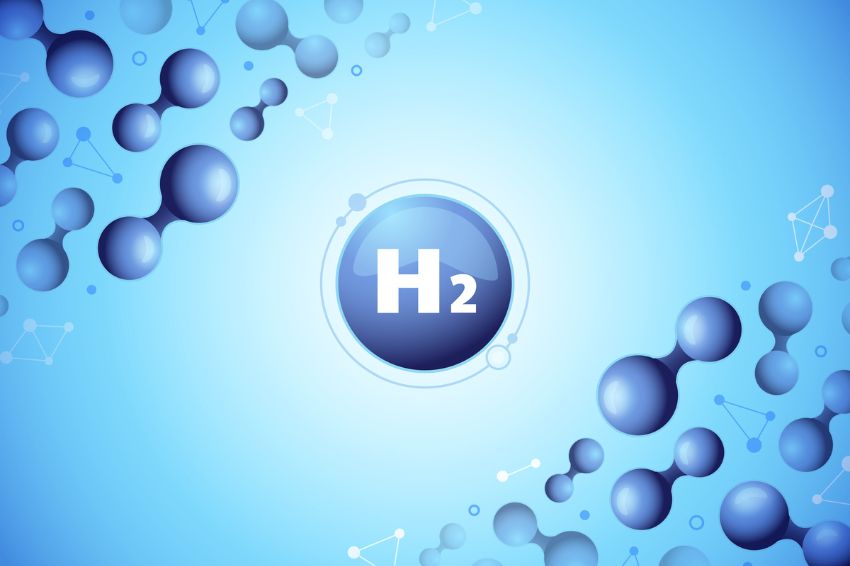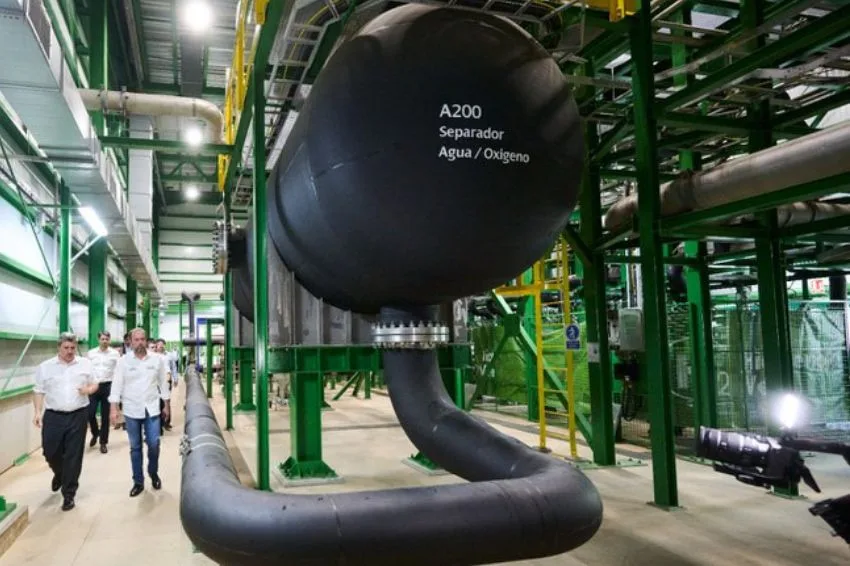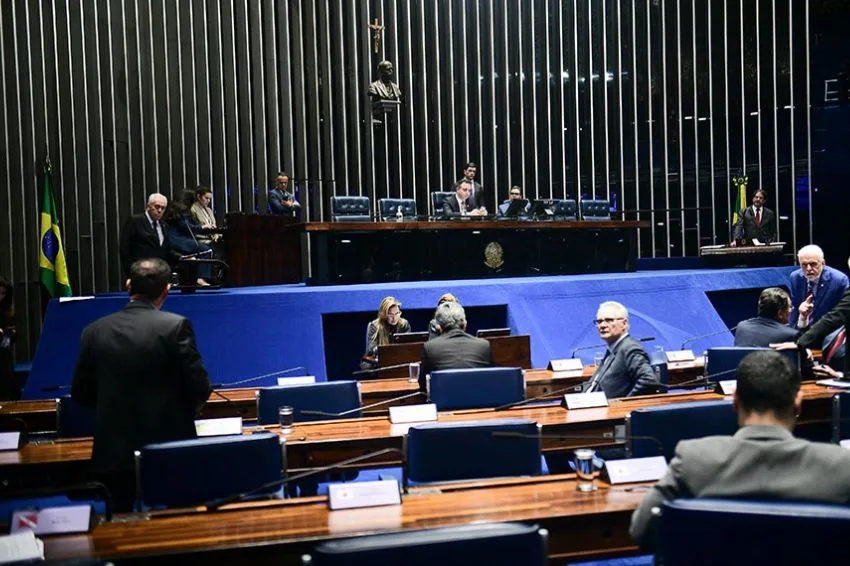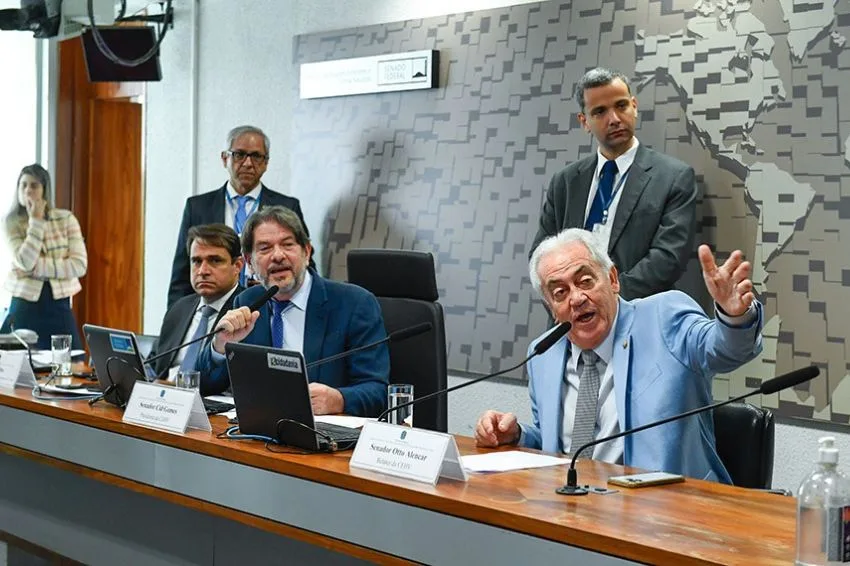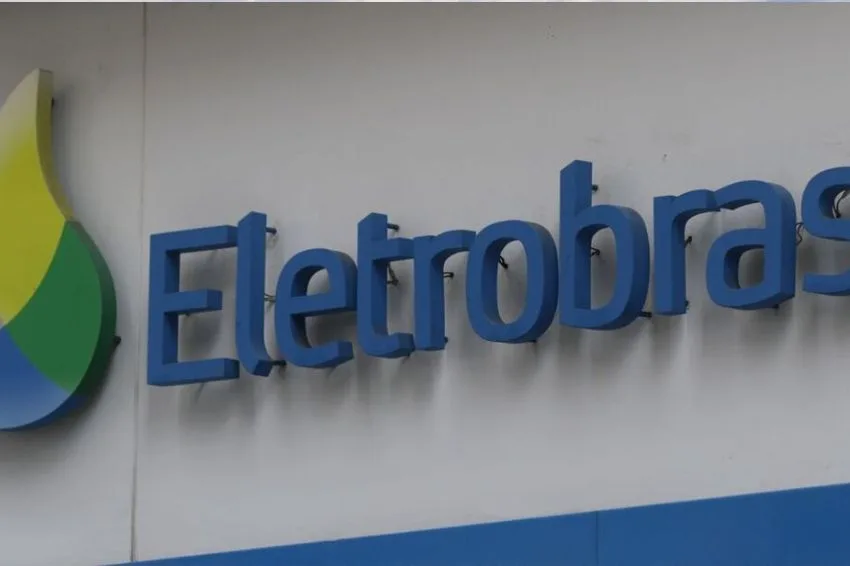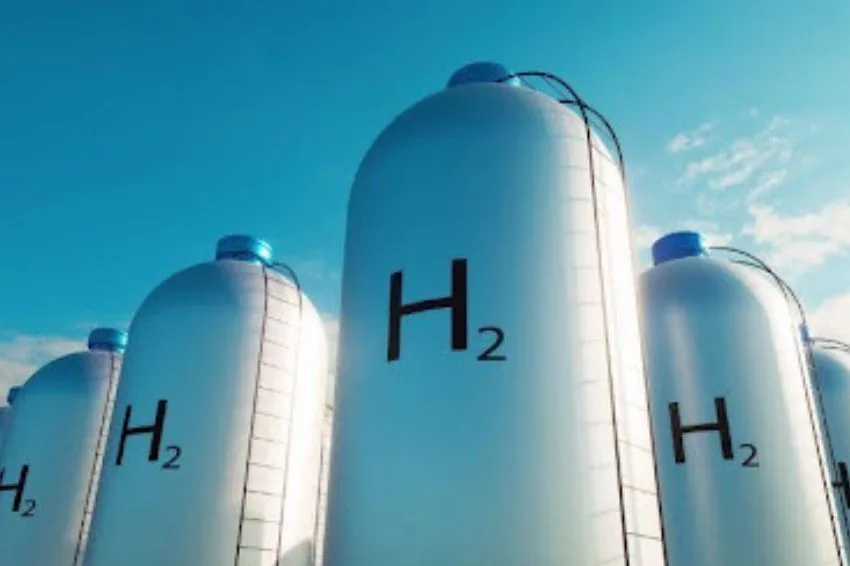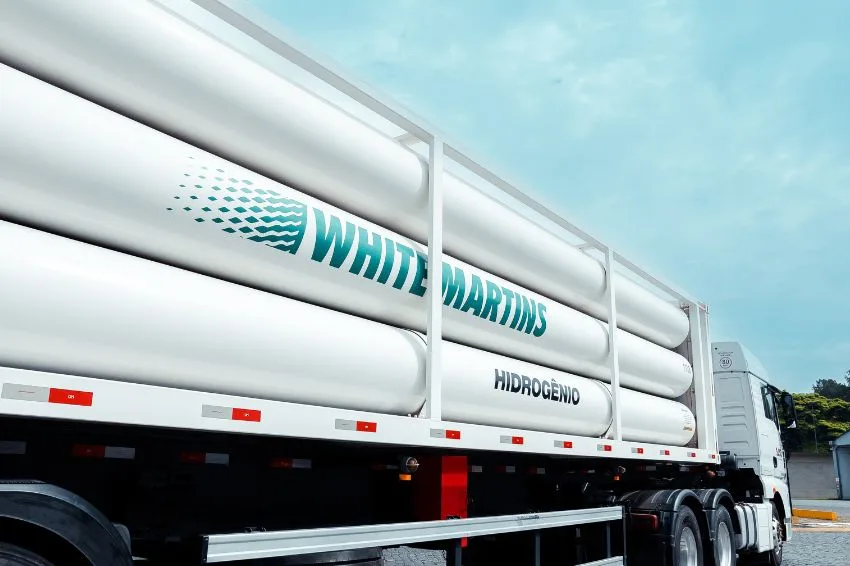Last Tuesday (28), the Chamber of Deputies approved Bill 2308/23, which regulates the production of low-carbon hydrogen in Brazil, establishing a Brazilian standard of voluntary certification and federal tax incentives for the development of this new industry in the country. The matter goes to the Federal Senate.
Authored by deputies Gilson Marques and Adriana Ventura, the text defines low-emission hydrogen as hydrogen whose production results in a value equal to or less than 4 kilograms of carbon dioxide per kilogram of H2 produced (4 kgCO2eq/kgH2).
This greenhouse gas emission intensity reference must be adopted by December 31, 2030, and must be regressive from this date.
Therefore, hydrogen produced through coal and natural gas will also fall into this classification, as long as it uses carbon capture systems (CCUS).
The text also defines renewable hydrogen as that obtained using solar, wind, hydraulic, biomass, biogas, biomethane, landfill gas, geothermal, tidal and oceanic sources. The idea is that over time tax incentives will only be allocated to renewable hydrogen.
The project extends to hydrogen producing companies the incentives provided for in Law 11,488/07, granting the suspension of PIS, Cofins, PIS-Importation and Cofins-Importation on the purchase or import of new machines, devices, instruments and equipment and construction materials destined for hydrogen projects. The benefit can also be used for rented goods.
The benefit can be used for five years, counting from eligibility in the Special Incentive Regime for the Production of Low Carbon Emission Hydrogen (Rehidro), created by the project.
For qualification, a minimum percentage of use of goods and services of national origin and minimum investment in research, development and innovation will be required. There will also be a maximum export percentage of the hydrogen produced.
Companies will have five years to qualify from the publication of the law. Companies that operate in the storage, transport and commercialization of hydrogen and in the generation of renewable energy for hydrogen production may be co-qualified.
Another source of incentives will be through the Low Carbon Emission Hydrogen Development Program (PHBC), established by the text. Resources from budget allocations are foreseen; resources from donations from national and international entities (public and private); loans from national and international financial institutions; and percentage of excess profits from official financial development agencies.
The PHBC may grant economic subsidies for a period of ten years to companies that participate in a competition with rules proposed by the management committee of the National Hydrogen Program (PNH2).
Hydrogen production activity, including import, export, storage, transport, commercialization, among others, will depend on authorization from the National Petroleum, Natural Gas and Biofuels Agency (ANP).
Voluntary Certification Program
Bill 2308/23 creates the Brazilian Hydrogen Certification System (SBCH2). Although voluntary, the certification system certifies the intensity of greenhouse gas emissions in hydrogen production, obliging participants to comply with the rules and governance.
The text will create a “Brazilian standard” for certification. The regulation must specify which types of greenhouse gas emissions must be considered; which stages of the production process should be covered by the certification system; the criteria for suspension or cancellation of certificates; information about negative emission, if any; and flexibility instruments that may be adopted in cases of temporary loss of hydrogen specification.
The regulatory authority must provide for harmonization mechanisms with international hydrogen certification standards, and may provide for rules for recognizing certificates issued abroad.
With information from Agência Câmara.


